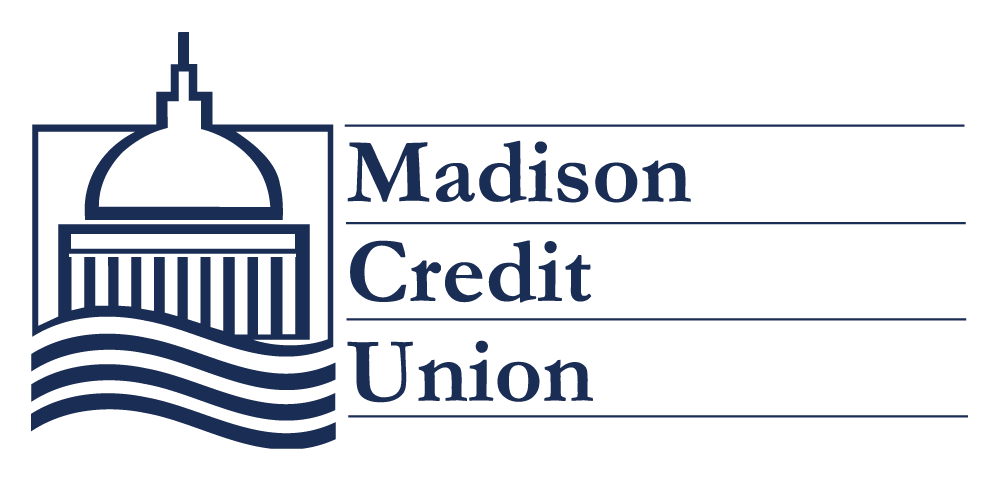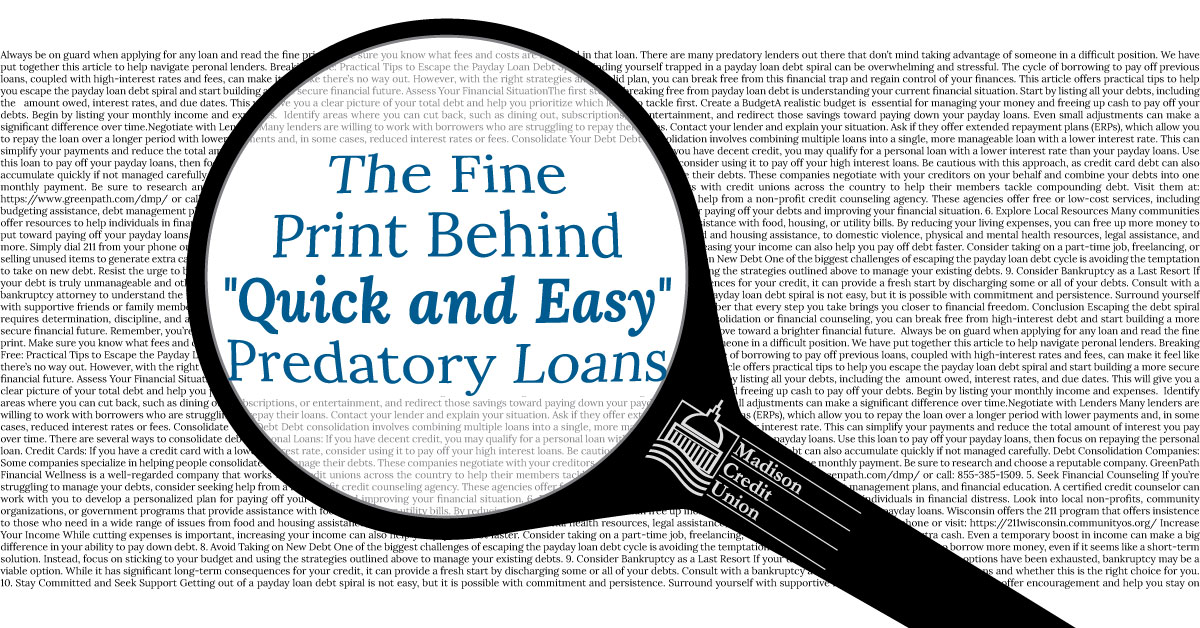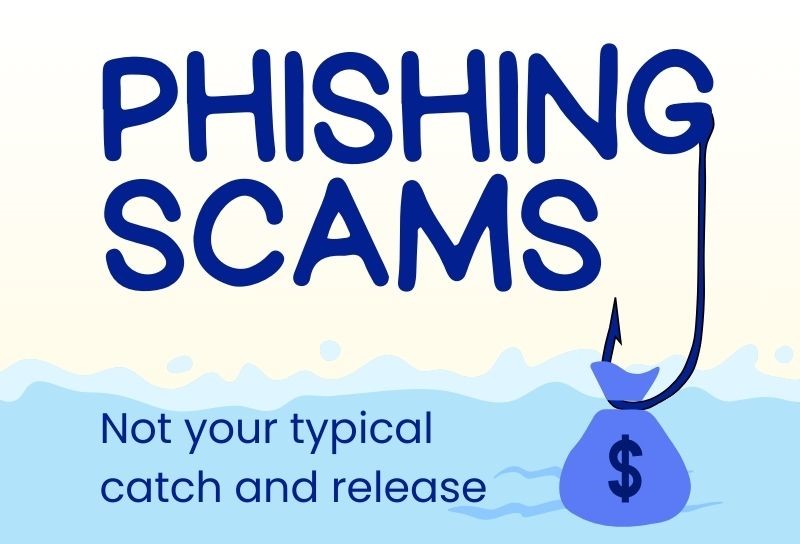Finding yourself trapped in a debt spiral can be overwhelming and stressful. The cycle of…
Credit Reports vs Credit Scores
It’s important to know what your credit says about you. Check your credit score and credit reports to watch for mistakes and see what lenders are seeing. It could save you thousands of dollars.
Credit Reports
A credit report is a summary of how you have handled your credit accounts. It shows your personal information, current debts, past debts, any collections or bankruptcy charges, and timeliness of how you pay your bills. They are good to review periodically to ensure there are no errors. Lenders use your credit reports and credit scores to decide on your loanability and the interest rate available to you.
Do you know you are allowed one free credit report every 12 months from each of the three credit reporting agencies (Equifax, Experian, and Transunion)? It may seem unnecessary to get all three reports but not all creditors report to the same company. In Wisconsin we generally use Transunion however, a credit card at a company headquartered out of state may report to Experian or Equifax. Keeping an eye on all three reports not only allows you to catch errors quickly, but also allows you to watch for identity theft.
You can get all three reports here at: https://www.annualcreditreport.com/index.action
The website doesn’t look fancy but it is the lawful, government approved site to use. You can also get all three reports at once. This site does not give you your credit score.
Credit Score
Your credit score or FICO score is a formula applied to your credit report by the credit reporting agency. Each agency has a slightly different formula so you may see a slight variation in your credit score.
To view your credit scores with Equifax or Transunion, you can go to: https://www.creditkarma.com/free-credit-score for free. It is safe and free to monitor your credit score. To view your Experian credit score you can go to the Experian page at: https://www.experian.com/consumer-products/free-credit-report.html
Your credit score is different from your credit report as it doesn’t necessarily mean all of your information will be listed. Your credit report is a more accurate portrayal of your credit history. Remember, in Wisconsin, Transunion is the most popular credit reporting agency so when applying for credit, that is a sure one to go by.
It’s good to know your credit score so you can get solid estimates on quotes. Lenders will still do a credit pull in order to finance most loans or credit cards.
There are two types of credit pulls, a hard pull and a soft pull. A hard credit pull is complete and accurate but having numerous hard pulls can lower your score a bit. A soft pull is a credit pull that doesn’t ‘ding’ your credit but also isn’t as accurate so most lenders don’t accept them as a trustworthy source for loan approvals.
A side note: Your credit score can vary during the month, depending on when you pay bills. For the best score, make payments on your credit cards right before applying for a loan. You can get locked in at a lower interest rate.
Where does your credit score put you?
Do you think you have bad credit? Were you denied a loan before? Things may have changed. Going from a 9% interest on a $30k car to 4.5% can save you $4600 in interest. It pays to at least check it out.
Here is a breakdown of how MCU rates their loans:
A+ = 750+
A = 700-749
B = 660-699
C = 630-659
D = 600-629
E = 0-599
Here at the MCU loan rates, you can see a breakdown of auto loan rates by credit score to get a good estimate of what your interest rate might be. Again the most accurate is a hard pull so the score you see might be slightly different from the final score the lenders see. They are more than happy to show you a copy of the credit report if you ask them.
Check your score. See what you might qualify for. If you think you can get a better deal with us, contact Laura or Nancy. They would be happy to handle a refinance or let you know your options. Plus, we don’t charge any application fees for refinancing an auto or recreational vehicle loan. So it doesn’t cost anything to check. And you could be saving yourself thousands of dollars.





